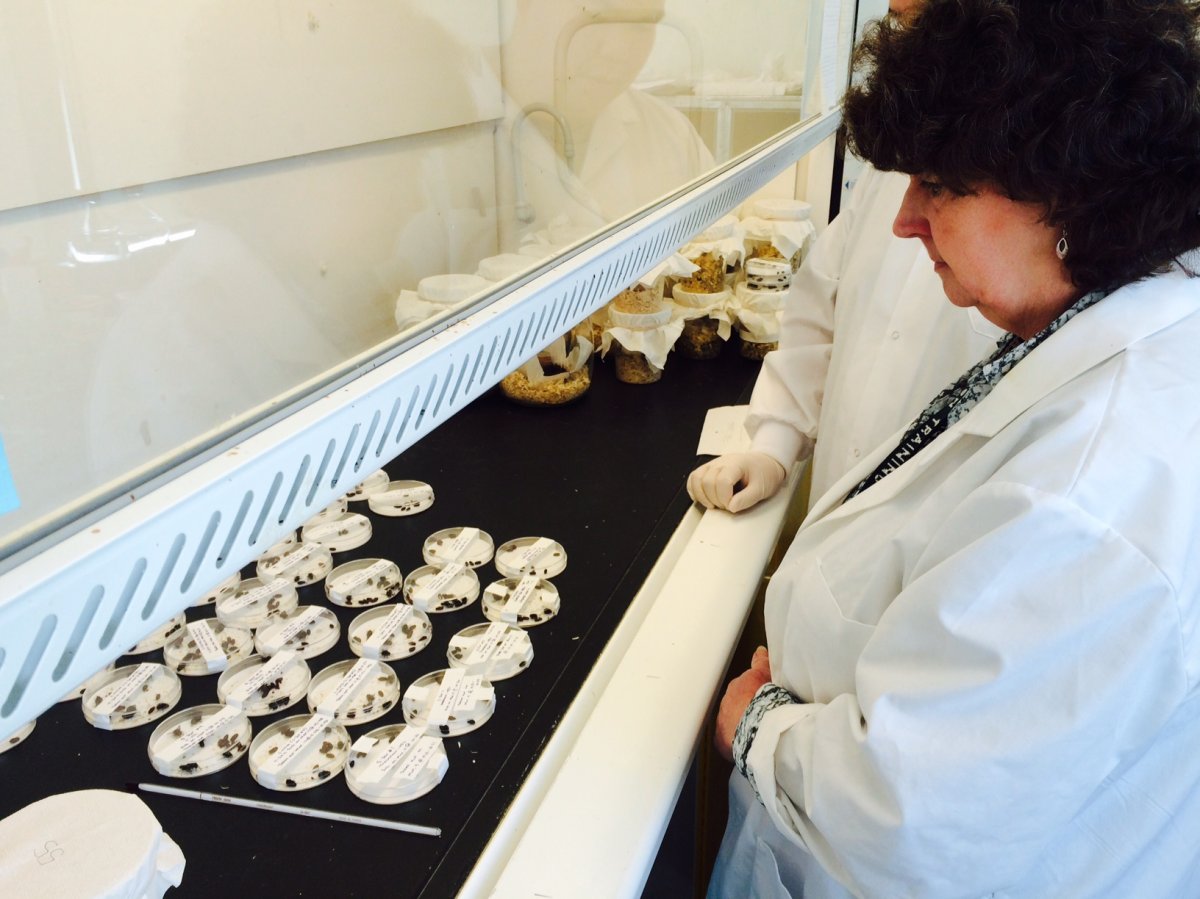Simon Fraser University (SFU) researchers are out with a new study that suggests human remains in the deep waters between the Lower Mainland and Vancouver Island may be decomposing much faster than previously thought.

The study used pig carcasses in the open, well-oxygenated waters of the Strait of Georgia.
It is all part of a largely unknown field of science, called taphonomy, or the study of what happens to organisms after death.

Get breaking National news
SFU criminologist Gail Anderson says the research demonstrates “a dramatically different scavenging progression” than that seen earlier in nearby waters.
The university says earlier studies in Saanich Inlet, at a depth of 100 metres, and Howe Sound, at a much shallower depth of seven to 15 metres, indicate that a pig carcass approximating a human body in torso size, skin type and internal bacteria would be likely to survive for weeks or months, depending on oxygen levels, season, depth and whether it remained in contact with the seabed.
But the new research shows that in highly oxygenated deeper water, it can be expected that such a body would be skeletonized in less than four days, although bones could be recovered for six months or more.
Researchers say their findings could benefit investigators when bodies are recovered in deep water.
Anderson says the observations are important for recovery divers so that they know what to expect and what to search for.








Comments